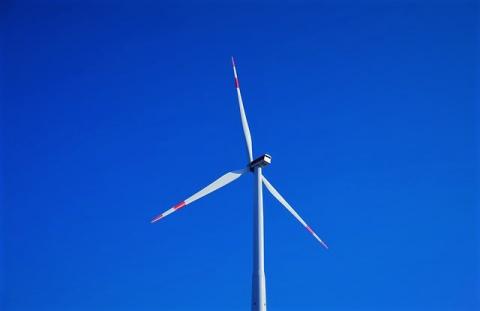
Region: Sub-Saharan Africa
Country: Uganda
Sector: Energy and Power
Keywords: Knowledge Lab, Renewable Energy
Document(s):
Document Summary:
GET FiT Uganda is a Public-Private Partnership (PPP) program managed by KfW in cooperation with the Ugandan Government. The program leverages commercial investment in small-, and medium sized Renewable Energy (RE) projects in Uganda.The requirements for fulfilling the objectives and expectations of a PPP programme will be broadly similar irrespective of the industry. The key is understanding the marketplace and tailoring the programme to attract and select suitable candidate projects, and incentivise developers to fulfi l the objectives. This Lessons Learned briefing note outlines the approach and experiences of GET FiT Uganda in engaging the marketplace and overseeing the implementation of projects within time-bound targets.
Document Details:
The GET FiT Uganda Programme was officially launched on May 31st 2013. the Programme, which was jointly developed by the Government of Uganda, the Electricity Regulatory Agency (ERA) and KfW was designed to leverage commercial investment into renewable energy generation projects in Uganda. GET FiT is being supported by the Governments of Norway, the United Kingdom and Germany as well as EU through the EU Africa Infrastructure Fund. Multiconsult ASA of Norway is the Implementation Consultant.
The main objective of GET FiT Uganda is to assist the country in pursuing a climate resilient low-carbon development path resulting in growth, poverty reduction and climate change mitigation. The Programme is fast-tracking a portfolio of 17 small-scale renewable energy (RE) generation projects, promoted by private developers and with a total installed capacity of 158 MW. This will yield approximately 770 GWh of clean energy production per year and leverage close to MEUR 400 in investments for RE generation projects with a limited amount of results-based grant funding.
Updated: March 8, 2022